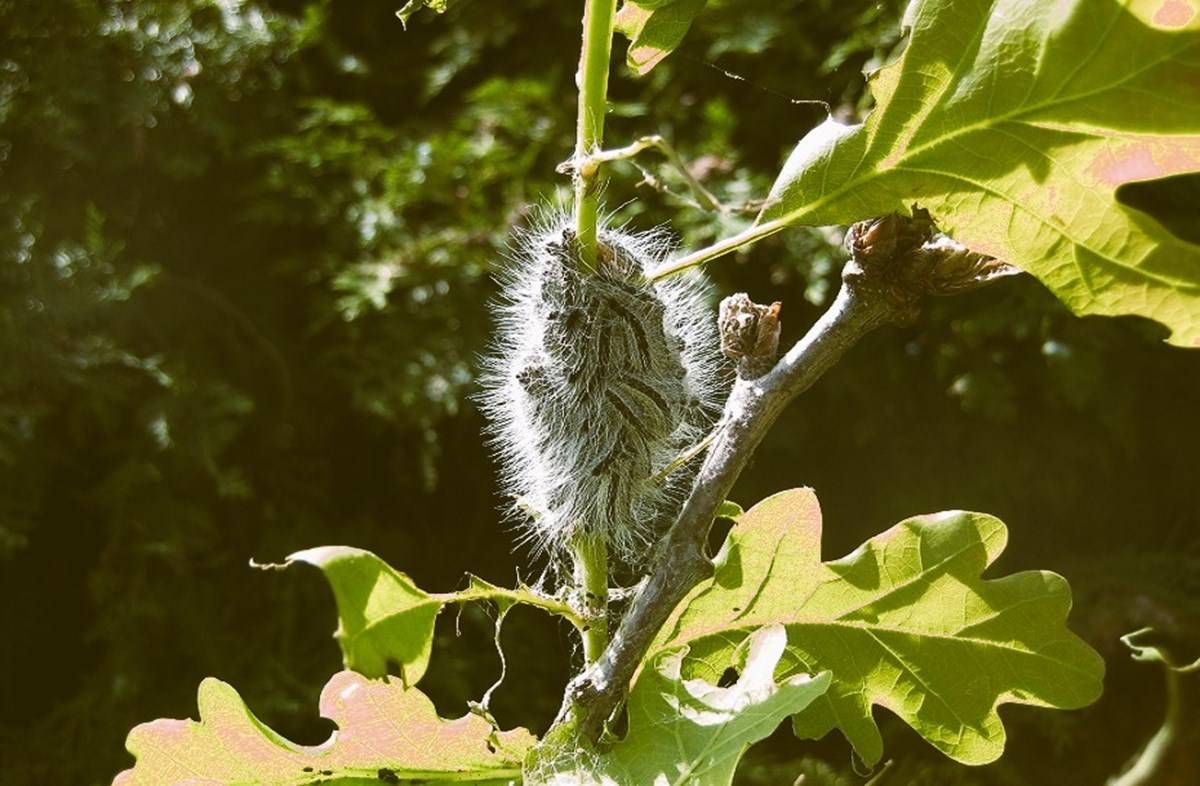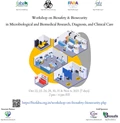
Defra, in collaboration with the Forestry Commission, the Scottish and Welsh governments, has released a new action plan to protect plants from pests and diseases. The Plant Biosecurity Strategy for the United Kingdom outlines a five-year vision for plant health, including an action plan to ensure national biosecurity, protect native species, and drive economic growth.
It establishes the United Kingdom as a global leader in plant biosecurity, outlining our vision for establishing a new biosecurity regime and bio-secure plant supply chain that will protect food security and help mitigate the effects of climate change. It comes after new data revealed that plants are worth £15.7 billion to the UK economy each year. Expansion of the Animal and Plant Health Agency's Internet Trading Unit to increase monitoring of online retailers and social media sites for the trade of high-risk plant products in order to prevent potentially devastating pests and diseases from entering the country is one of the specific actions.
Furthermore, the strategy outlines how over 30 signatories, including Defra, the Royal Horticultural Society, the National Farmers Union, and the Woodland Trust, will implement an ambitious programme of societal behavioural change through the Public Engagement in Plant Health Accord. This one-of-a-kind collective commitment will kickstart a national conversation about biosecurity and promote public actions to protect tree and plant health.
Lord Benyon, Minister for Biosecurity, said: "This landmark strategy sets out how we will protect Great Britain's plants, with the government, industry and the public working together to tackle the risks posed by plant pests and diseases. In light of climate change, addressing these diverse and growing risks will be critical to maintaining our food security and facilitating safe trade in the face of a challenging economic backdrop."
UK Chief Plant Health Officer Nicola Spence stated: "Plant pests and diseases have no boundaries. As the global trade in plants and plant products expands, our valuable ecosystems, native species, and biosecurity are jeopardised. The threats to our treescapes, food security, and the global economy that result are all too real."
"As a result, I am pleased to officially launch the Plant Biosecurity Strategy for the United Kingdom, which will result in a significant improvement in our plant health protections, actions, and behaviours. This will position the United Kingdom as a global leader in plant biosecurity, setting an example for the rest of the world to follow," she added.
The Plant Biosecurity Strategy for the United Kingdom will also outline how improvements to the UK Plant Health Risk Register, which currently lists 1,200 pests and diseases that pose a biosecurity risk, will improve our understanding of complex and cumulative risks to plant health. As part of this, a slew of new plant health IT systems will improve our preparedness for outbreaks and emergency response.
A commitment to work with the UK Plant Health Alliance to develop a new five-year roadmap for the Plant Healthy certification scheme, which provides biosecurity certification to nurseries, businesses, and charities in the horticultural sector, is included in the strategy. The RHS Garden Harlow Carr in Yorkshire has become the first public garden in England to be certified as Plant Healthy, in recognition of its efforts to prevent the introduction and spread of plant pests, diseases, and invasive species, as well as to promote good plant health.
The strategy also emphasizes the collective role and responsibilities we all have in maintaining high biosecurity standards, such as the importance of not bringing home plants, trees, fruit, and seeds from other countries, as doing so could inadvertently introduce or spread pests, diseases, and invasive species in new areas. This is consistent with the UK Government's long-running 'Don't Risk It!' campaign, which was highlighted on the Animal and Plant Health Agency's Gold Medal-winning stand at the RHS Chelsea Flower Show 2022.
The strategy builds on the work completed under the previous strategy in 2014, as well as the consultation launched in September 2021 by Defra, the Forestry Commission, the governments of Scotland and Wales, as well as our agencies and delivery partners. It comes on the heels of the first International Plant Health Conference, which was held in London last year and brought together 500 policymakers, academics, and experts from over 74 countries to discuss current and future plant health challenges.
The announcement comes ahead of the publication of the United Kingdom's Invasive Non-Native Species (INNS) Strategy in early 2023. This will outline coordinated actions across society to prevent the arrival of new INNS and deal with the consequences of those already present, ensuring our biosecurity while minimizing their environmental and economic impacts.









